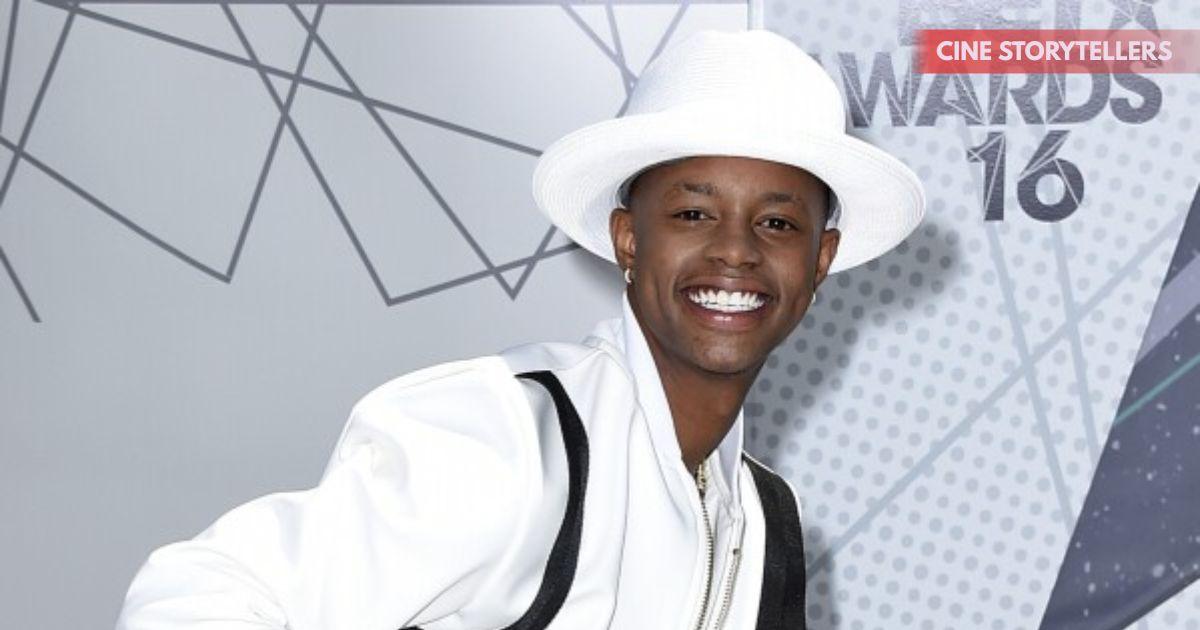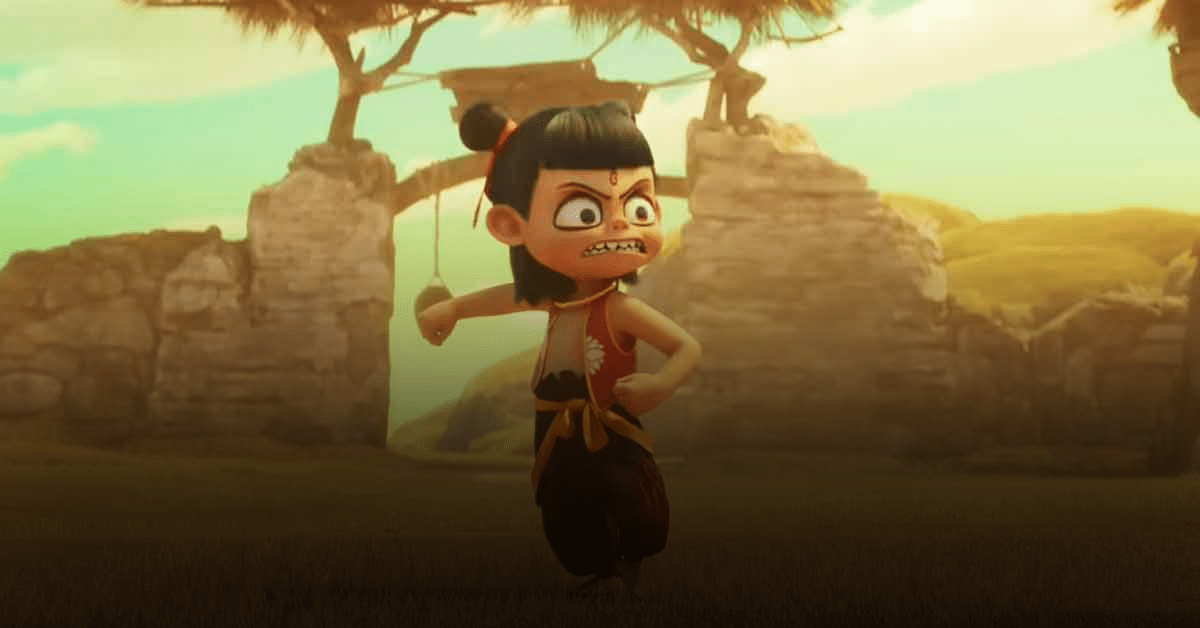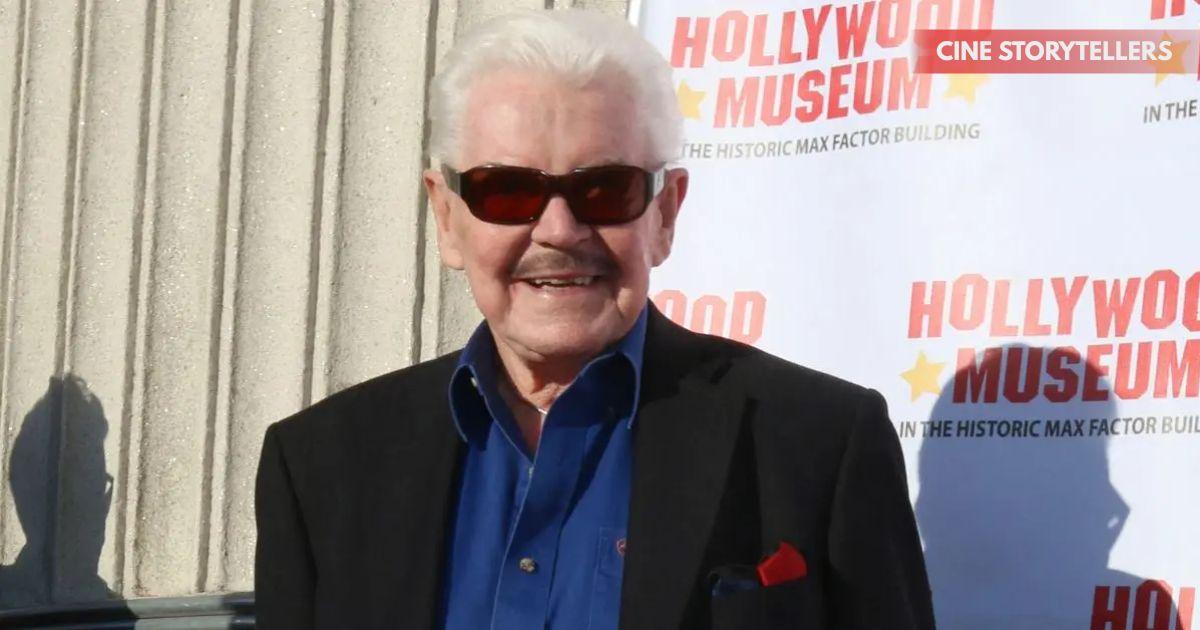Summary
Rapper Silentó, best known for Watch Me (Whip/Nae Nae), has been sentenced to 30 years in prison for the 2021 killing of his cousin, Frederick Rooks. He pleaded guilty but mentally ill to voluntary manslaughter and other charges. The court acknowledged his history of mental illness but held him accountable for the fatal shooting. The sentence marks a tragic fall from fame and highlights the serious consequences of untreated mental health issues.
Ricky Hawk, known worldwide by his stage name Silentó, has been sentenced to 30 years in prison for the 2021 murder of his cousin, Frederick Rooks III. The rapper, best known for his viral 2015 hit Watch Me (Whip/Nae Nae), pleaded guilty but mentally ill in a court decision that brought closure to a tragic case.
Who Is Silentó?
Silentó rose to fame at the age of 17 with Watch Me (Whip/Nae Nae), a viral dance song that topped charts and earned over 2 billion views on YouTube. He became an overnight sensation and was widely seen as one of the new faces of viral internet fame.
But behind the success, Hawk battled personal demons. He later spoke about his struggles with mental health, including depression and suicidal thoughts. Unfortunately, his growing instability would lead to a series of legal issues and a shocking act of violence.
What Happened in 2021?
On January 21, 2021, 34-year-old Frederick Rooks was found shot to death in Panthersville, Georgia, a suburb east of Atlanta. The victim had been shot multiple times. Police collected 10 bullet casings from the scene and quickly identified a white BMW leaving the area on surveillance footage.
Within days, investigators linked the vehicle to Silentó. GPS tracking placed him near the crime scene. Ten days after the shooting, Silentó confessed to killing his cousin. He was arrested and charged with malice murder, felony murder, aggravated assault, and possession of a firearm during the commission of a felony.
The Plea and Sentencing
In 2024, Silentó entered a plea of guilty but mentally ill to voluntary manslaughter, aggravated assault, and gun possession charges. The malice murder charge was dropped as part of the deal. On June 10, 2025, he was sentenced to 30 years in prison, with an additional 10 years of probation.
The court acknowledged his mental health condition, but the judge stressed that the crime had lasting consequences for the victim’s family. Silentó will begin serving his sentence immediately, and it is unclear whether parole will be considered in the future.
Mental Health History
Silentó had a documented history of mental illness. In a 2019 appearance on The Doctors, he opened up about his struggles with depression, paranoia, and self-harm. His legal team presented mental health records to support his plea.
In 2020, before the murder, Silentó was involved in several incidents that signaled a deep decline in his mental state. These included:
- A domestic violence arrest in California
- An alleged hatchet attack on two strangers in Los Angeles
- An arrest for driving 143 mph on Interstate 85 in Georgia
Each incident raised concerns about his mental stability. Family members and fans voiced their worries about his behavior in public and on social media.
The Victim: Frederick Rooks
Frederick Rooks was 34 years old at the time of his death. He was reportedly close to Silentó, and his death shocked the entire family. Relatives described him as kind, supportive, and family-oriented.
After the sentencing, Rooks’ family spoke to the press. One of his siblings said, “No number of years can bring him back. We wanted justice, and we feel the sentence was not enough.”
Legal Perspective
The plea deal Silentó accepted avoided a full trial and a potential life sentence. Legal experts note that “guilty but mentally ill” is a rare but accepted plea in Georgia. It allows for mental illness to be acknowledged without excusing the crime. Silentó will serve his time in a prison facility with access to mental health treatment.
While some believe the deal was fair, others argue that justice would have required a harsher sentence. Social media has been divided, with many pointing out how mental illness complicates the issue of accountability.
Public Reaction
The sentencing sparked a wave of reactions online. Many fans expressed sadness over Silentó’s fall from fame. Some recalled his young age when he rose to stardom and the pressures that may have followed.
Others focused on the tragic loss of Frederick Rooks. The story serves as a sobering reminder of the devastating impact of untreated mental health issues and unchecked fame.
Rise and Fall of a Viral Star
Silentó’s story is a stark example of how fame, pressure, and mental illness can collide. After Watch Me went viral, he struggled to replicate the success. His subsequent music failed to gain traction, and his behavior became erratic.
He went from performing on major stages to making headlines for arrests. Despite public cries for help and brief treatment efforts, the decline continued. His rise to fame and fall from grace happened in less than a decade.
Lessons From the Case
This case highlights several important issues:
- Mental health must be addressed early – Ignored signs can lead to tragic outcomes.
- Support systems are crucial – Family, friends, and professionals must step in when a person shows signs of decline.
- Fame is not protection – Viral success does not guarantee long-term stability.
- Victims must not be forgotten – Justice is not just about the accused but also those who suffer the consequences.
What Happens Next?
Silentó will serve his 30-year sentence in a Georgia correctional facility. He is also expected to receive mental health treatment during incarceration. After release, he will be placed on supervised probation for 10 years.
For the music industry, the case is a wake-up call. It forces artists, managers, and fans to reflect on how fame can amplify personal struggles if not handled with care.
Also Read : Brian Wilson Dies at 82: Remembering the Genius Behind The Beach Boys
Conclusion:
Silentó’s sentencing closes a painful chapter for his family and fans. Once a symbol of youth and viral success, he now becomes a cautionary tale about mental health, accountability, and the darker side of fame.
Join our WhatsApp channel for more updates and information about celebrities and entertainment



